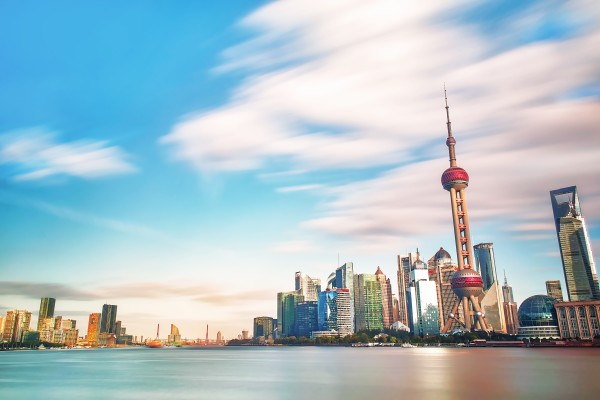

China's zero-Covid policy has caused growth to be weak and may remain so if the policy persists, an economist has warned.
Morningstar's head of economics Preston Caldwell, said: “As long as China persists with its zero-Covid-19 policy, GDP growth will likely remain weak.
"June brought relief from the worst lockdowns, but the recovery in consumer behaviour was only partial. Lockdown risk will remain an ever-present threat if the zero Covid-19 strategy remains in place."
The underlying data about the economy has painted quite a stark picture, with youth unemployment at 11 per cent, and consumer spending and industrial production numbers both being worse than forecast.
This prompted policy makers to reduce rates to 2.75 per cent from 2.85 per cent.
However, as Caldwell stated, the Chinese economy continues to experience the impact of pandemic lockdowns. The government’s GDP target for 2022 is more than 5 per cent.
In the near term, China's export boom is decelerating as consumer demand in major global economies is normalising by shifting from goods back to services. China's financial authorities show no signs of opening the floodgates on borrowing, which was the traditional response to the kind of economic distress encountered in 2022.
Morningstar believes that China's ongoing restraint in investment spending fits the government's aim to shift the economy away from dependence on wasteful investment to fuel short-term growth.
"This will help curb China's burgeoning debt load but will be intensely tested in the face of slow economic growth", Caldwell said.
One of the effects of the Chinese government’s attempts to move towards a more consumption led growth model is that it may lead to a reduction in demand for commodities, while consumer spending declining may impact demand for luxury goods such as those manufactured in Europe.
But Kingswood's investment strategies Rupert Thompson is more optimistic.
He said: “China is the one area in the global economy which is bucking the trend of slowing growth. Even so, industrial production, retail sales and investment all disappointed in July, suggesting the rebound as the economy reopens from the lockdowns will be a muted affair.
"The zero covid policy remains a drag, with restrictions continuing albeit on a much smaller scale, as does the downturn in the property market.
"The good news is the Chinese authorities are easing policy to stimulate growth and hence we saw a surprise interest rate cut.”
Earlier in August, the People's Bank of China cut the rate at which it provides short-term liquidity to banks, from 2.1 per cent to 2 per cent.
The central bank also reduced the rate of its one-year lending facility from 2.85 per cent to 2.75 per cent. In a statement, the PBoC said this cut was made "maintain reasonable and sufficient liquidity in the banking system".
david.thorpe@ft.com



